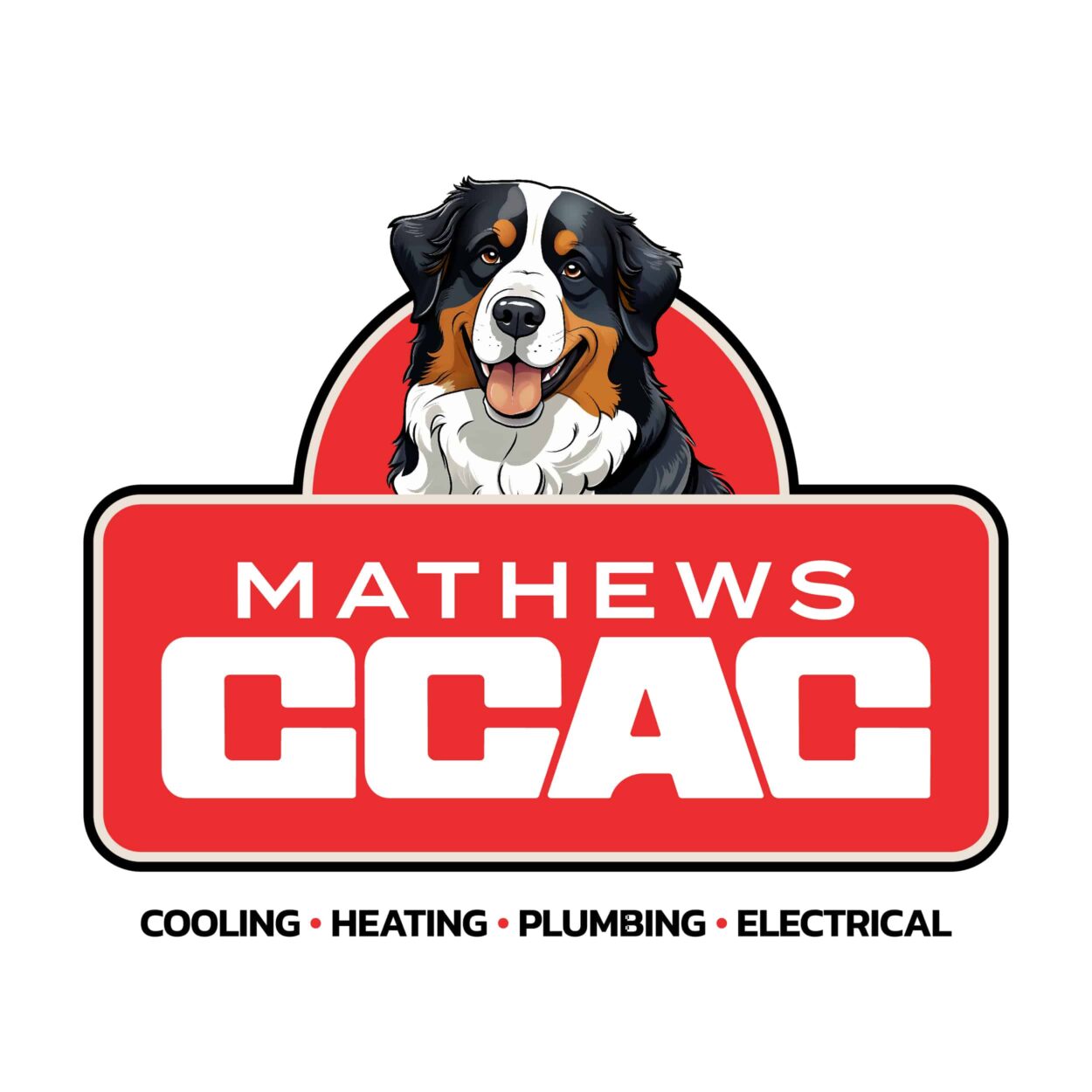 BTU is short for British Thermal Unit, the primary measurement of heat energy. It’s also an important parameter when evaluating the performance and efficiency of heating and cooling systems. All-season indoor comfort depends on moving heat energy in the right direction. In winter, that means adding adequate BTUs of heat energy to the house. During summer, it means taking BTUs of heat out.
BTU is short for British Thermal Unit, the primary measurement of heat energy. It’s also an important parameter when evaluating the performance and efficiency of heating and cooling systems. All-season indoor comfort depends on moving heat energy in the right direction. In winter, that means adding adequate BTUs of heat energy to the house. During summer, it means taking BTUs of heat out.
When it comes to a furnace, the number of BTUs generated — also known as the furnace “capacity” — lets you know how much heat a particular furnace can provide to keep the house comfortable in cold weather. Air conditioners, on the other hand, utilize the BTU spec in reverse: the capacity of an A/C unit expresses how many BTUs are removed from the house by the air conditioner to cool the premises.
The amount of BTUs added or removed is an important element of the efficiency rating that gives you a good basis to compare how energy-efficient a particular furnace or A/C is compared to similar units.
- Furnace efficiency is estimated by the AFUE (Annual Fuel Utilization Efficiency) rating, prominently printed on the yellow EnergyGuide sticker affixed to new units and included in the manufacturer’s specifications. AFUE expresses the percentage of BTUs of heat energy produced by the furnace that actually converts to usable heat in your home versus those BTUs of heat that are lost in the combustion process. The higher the AFUE, the more energy-efficient the furnace and the lower operating costs will be. Today, the federal minimum AFUE is 80 percent while high-efficiency furnaces have AFUE above 90 percent.
- Air conditioner efficiency is estimated by the SEER (Seasonal Energy Efficiency Ratio) rating, also printed on A/C EnergyGuide sticker. SEER utilizes the figure of BTUs of heat energy extracted from the house during a specific time frame in ratio to the electricity consumed by the unit. SEER minimum is currently 14 for standard air conditioners. High-efficiency units have SEER ratings over 20.
For more on how the BTU rating of a furnace or A/C impacts household comfort and efficiency, contact Mathews CCAC.
Our goal is to help educate our customers in Corpus Christi, Texas about energy and home comfort issues (specific to HVAC systems). For more information about HVAC topics, download our free Home Comfort Guide or call us at 361-678-2495.
Credit/Copyright Attribution: “geralt/Pixabay”












